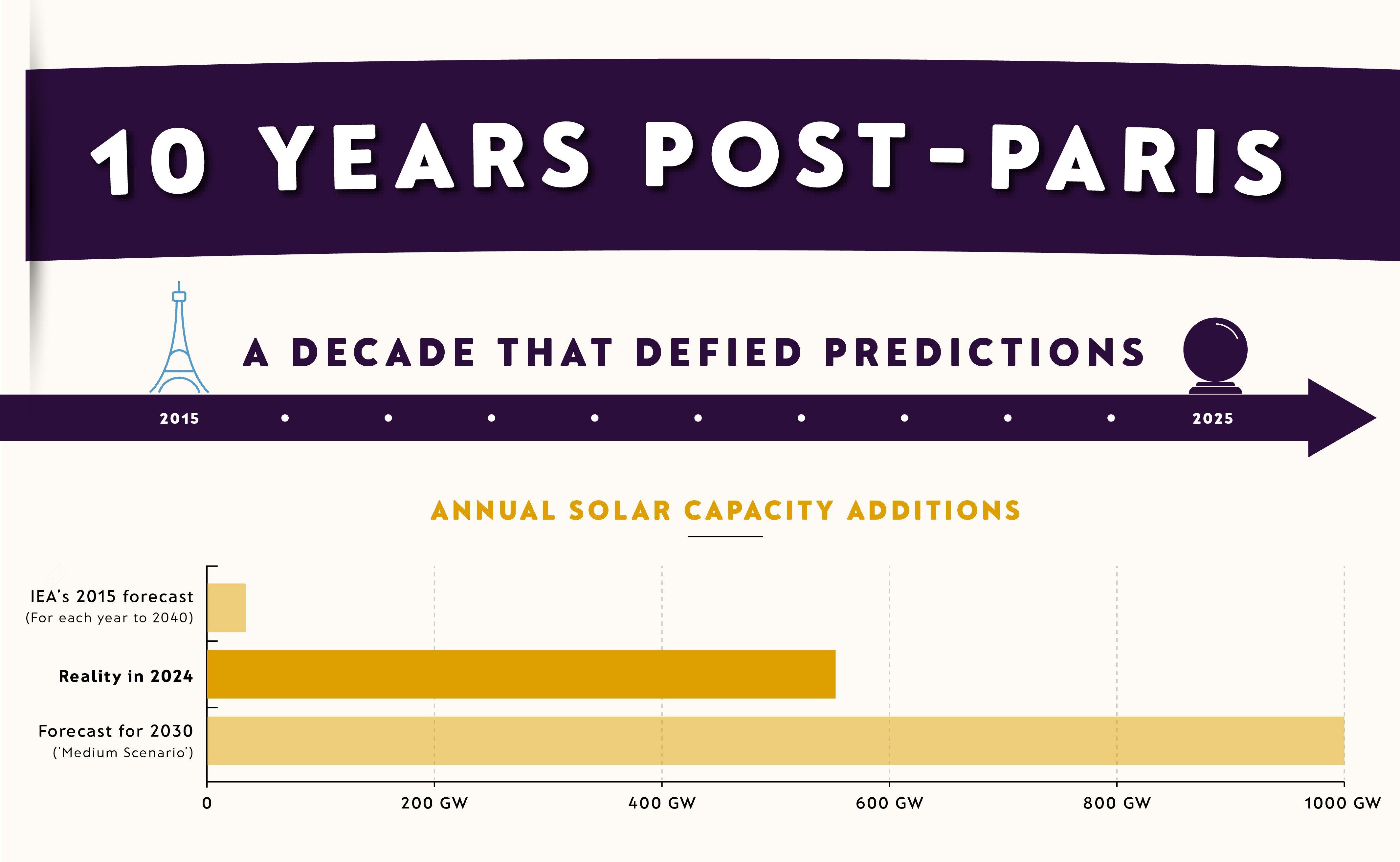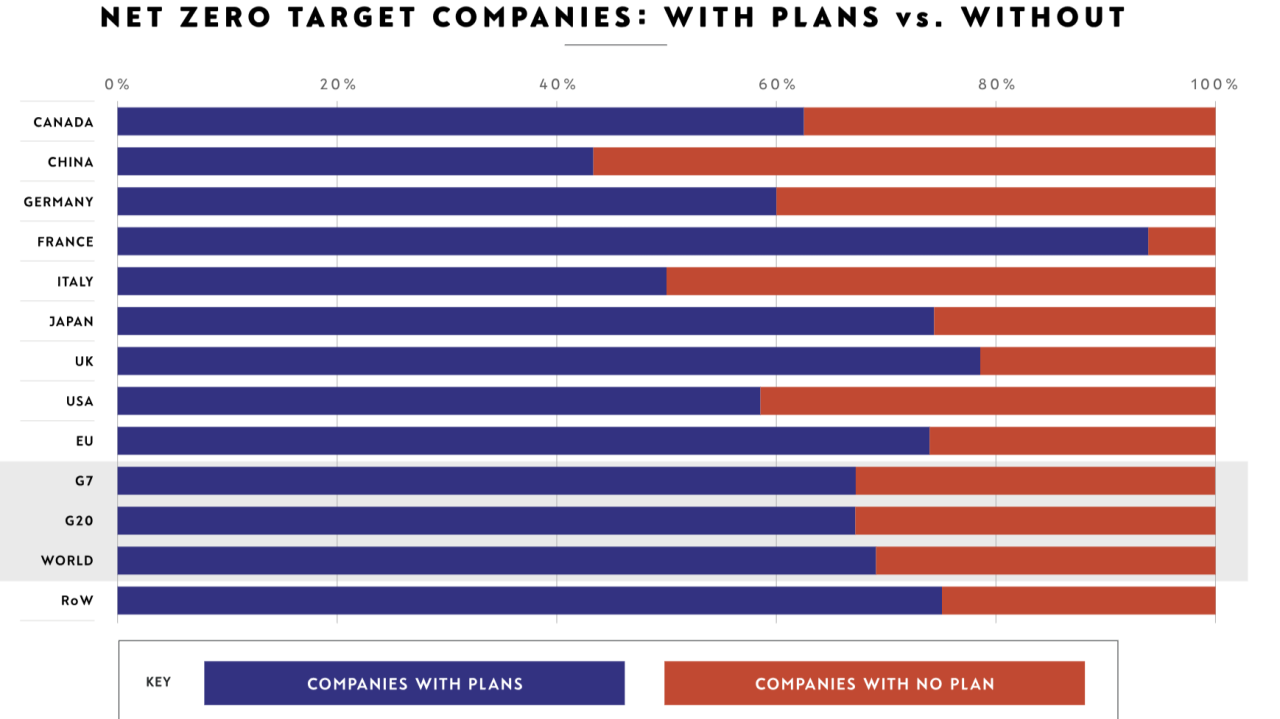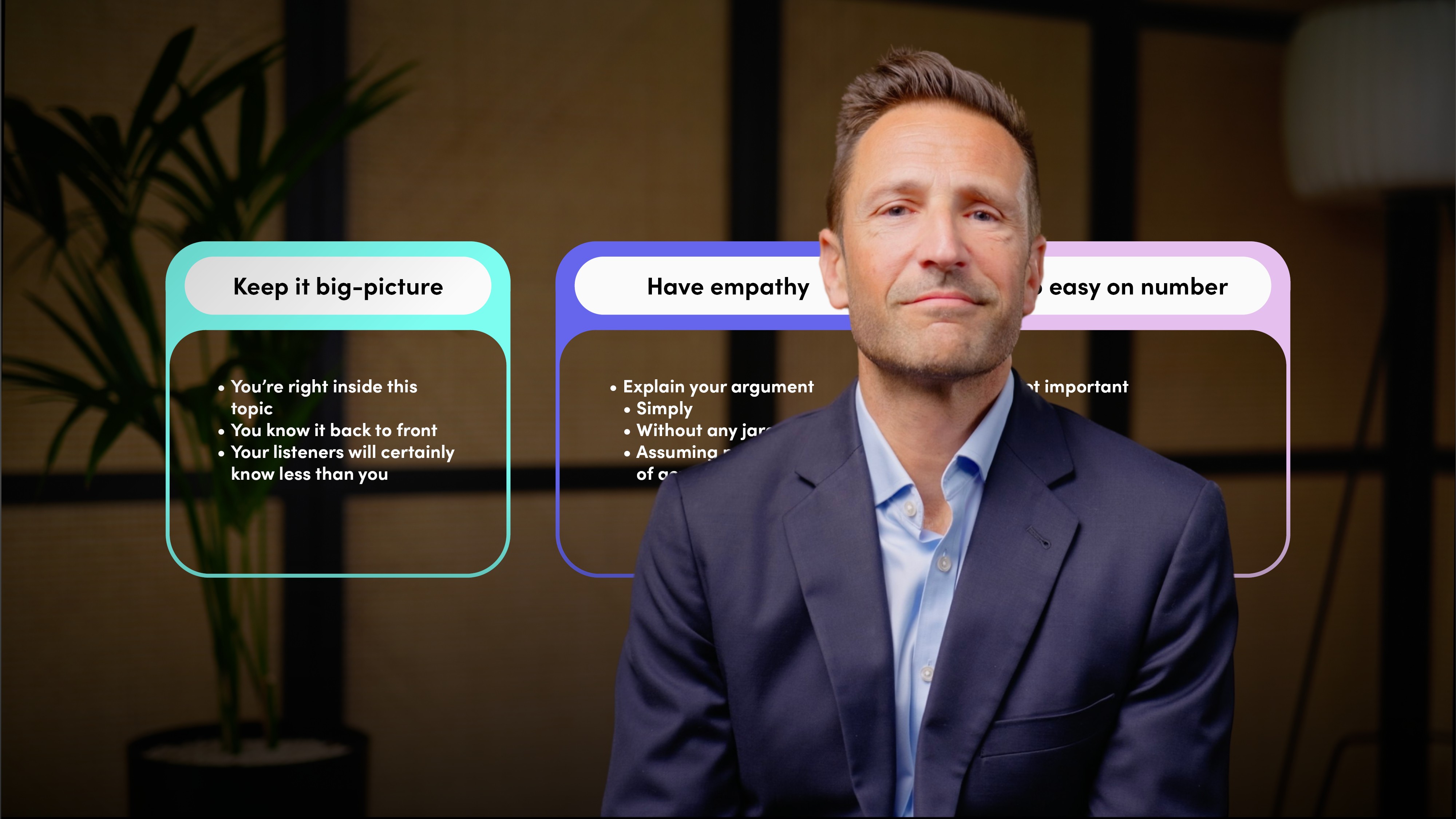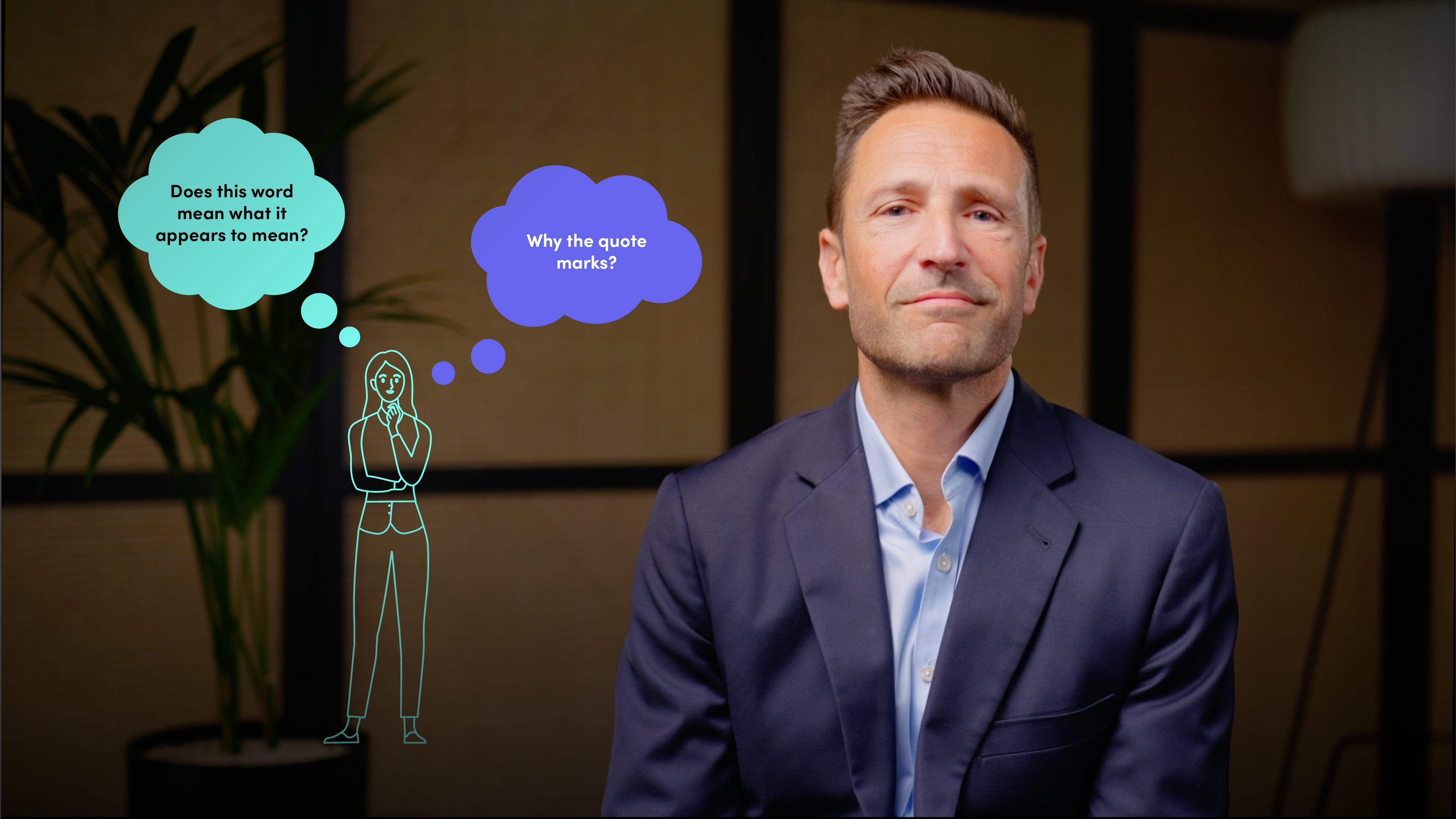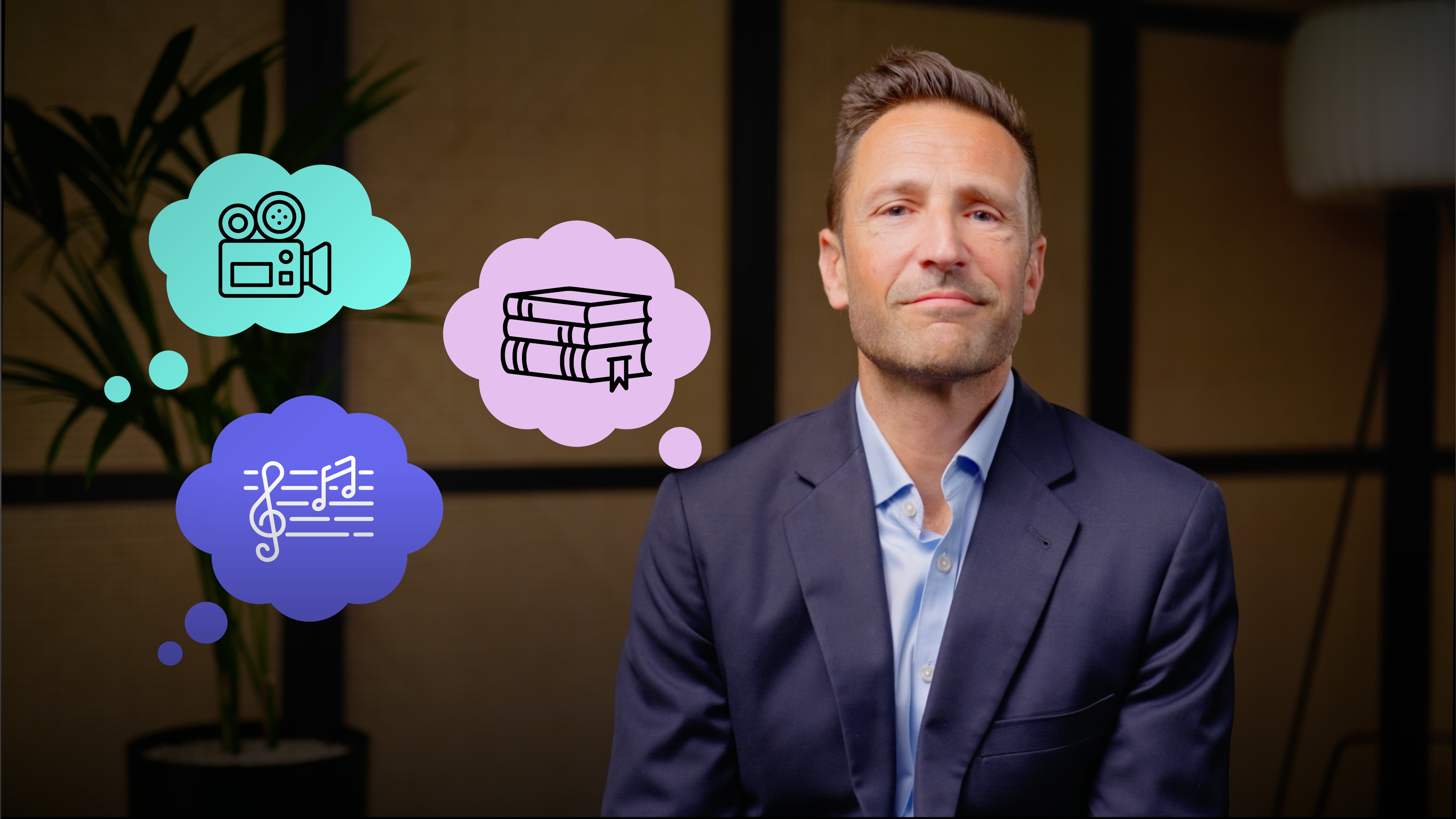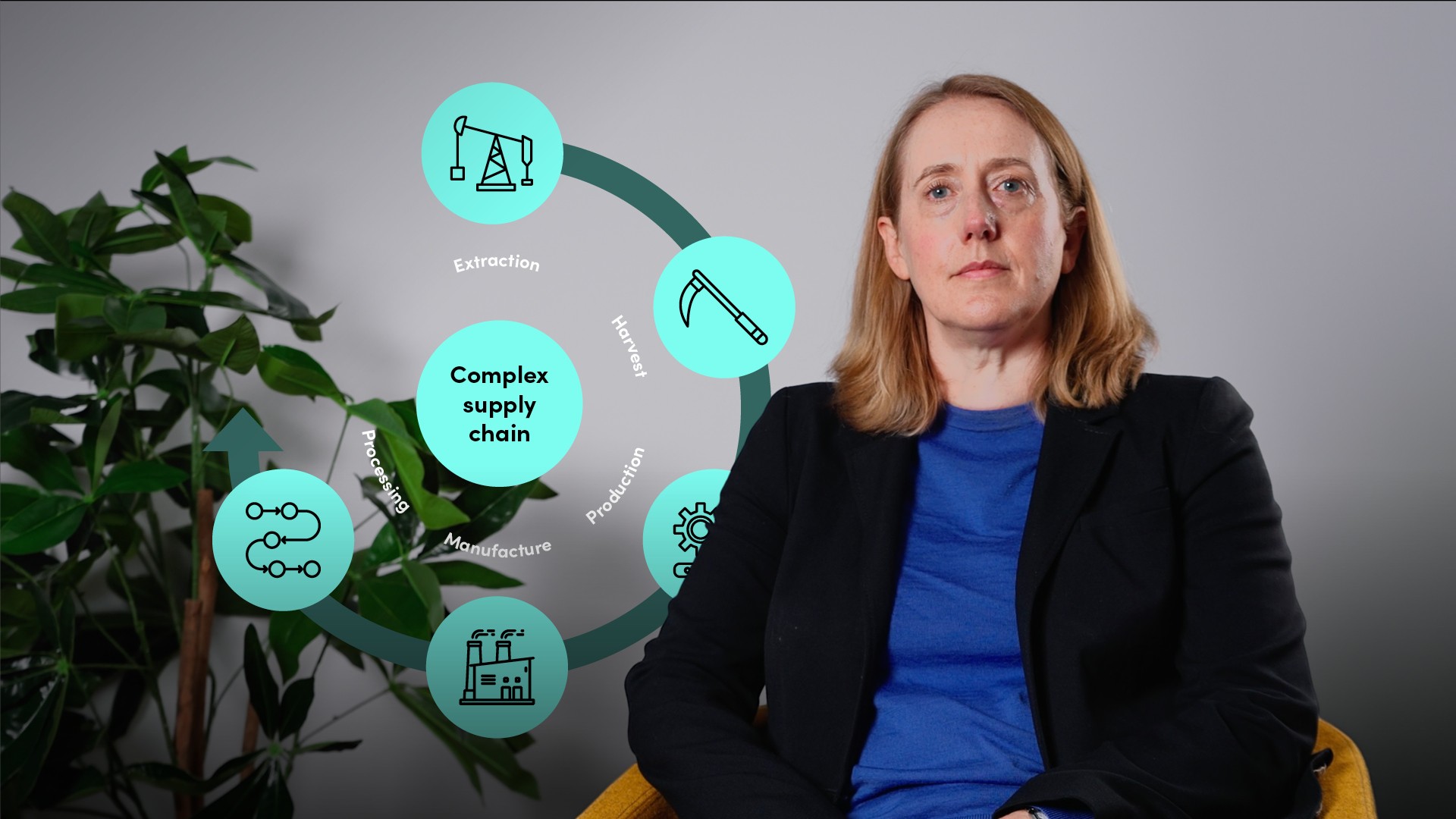
Strengthening green skills in the battle against climate change

Henry White
Co-founder and CEO of xUnlocked
Why possessing green skills is no longer a “nice to have” but a business-critical necessity

The planet is getting warmer. Last year was the hottest on record, and responsibility for slowing and stopping the warming of the world lies with the entire international community. However, real progress will only be achieved if the world’s business community decides to take action, not least because corporations are responsible for 71% of global emissions.
The business case for education
This mission is not lost on governments and regulators. As politicians seek to deliver on their net zero promises, we will undoubtedly see a greater volume of environmental legislation to drive business change. A recent example of this is the European Parliament’s ‘Green Claims’ directive.
The directive sets out specific requirements for businesses around any environmental claims they make, while preventing them from making unsubstantiated voluntary green claims to consumers.
This, like many other sustainability laws, brings with it the threat of fines for non-compliance. Possessing green skills, therefore, is no longer simply a ‘nice to have’. It is a business-critical necessity to ensure balance sheets are not hurt by a failure to understand the specifics.
Without green skills, the climate fight is a losing battle
The stark reality is that the state of the current job market poses a real challenge. There is a dearth of talent with the required green skills, limiting employers’ capacities to make tactical hires, which can affect immediate change.
PwC reported that the UK energy sector alone needs 400,000 jobs to help the net zero transition. But it predicts there are only 216,000 workers able to fill this gap, and this is only for the energy sector. Extrapolating this to consider the shortfall across all industries would make for uncomfortable reading.
Instead, the best solution lies within a company’s existing workforce. Businesses can and should look to equip current staff with the tools and knowledge to meet their present and future sustainability goals.
Upskilling the workforce with green skills will not only address a critical skills gap. It will also help to attract and retain talent by demonstrating a commitment to responding to the climate’s needs.
Setting out your education strategy
While a simple enough concept, green skills admittedly differ from industry to industry. For instance, green skills within financial services will be largely different from those required in construction or those within the energy industry. This is further complicated by the definition changing as climate discourse evolves. It will likely grow to encompass a broad range of factors and requirements.
For businesses setting out their training strategies, this is undoubtedly confusing. To overcome this, training plans should relate to how businesses provide their products or services.
For example, an energy company that can use renewable sources instead of fossil fuels, and/or how a business operates and strategises for the future, such as through corporate sustainability or carbon accounting.

The key to building an effective green skills strategy is to take the time to identify which combination of skills is most suitable for an organisation’s progression towards its targets. Whether that be achieving its net zero goals, integrating climate change measures into policies, or contributing to the just transition.
Taking a holistic approach to change
Green skills should not be reserved for any one specific role. Priority should be given to rolling out the necessary green skills training across the entire workforce. In doing so, businesses will nurture a company culture that has acting sustainably as a core principle.
This also prevents the exclusion of departments that, on first glance, may not have the most immediate need for such training but are, in fact, key to delivering sustainable transformation. Take into consideration the digital, technology, or administration teams.
Firms, especially smaller ones, should potentially partner with professional training providers. These companies can provide valuable insights around the prioritisation of skills and help design a tailored, effective programme to deliver such upskilling.
It’s important to note real change will only come if a professional skills drive is complemented by governmental action. A commitment from government to reviewing and enhancing other green training pathways is how this could take shape.
These could be apprenticeships, traineeships, internships, or skills boot camps. This would serve the purpose of providing young people with an early understanding of green career pathways and giving them the confidence and skills needed to move into an entry-level role.
Final thoughts
As things currently stand, we are facing one of humanity’s greatest challenges, and it will require every business to play a part in responding. However, today’s workforce is not equipped with the skills capable of driving the drastic change that is so desperately needed.
A collaborative movement, from both business and government, is fundamental if we are to address this. A knowledgeable workforce, bolstered by incoming crops of environmentally-educated young talent, will lay the foundations for our journey towards a sustainable future.
This piece was originally published on 2 May 2024 on The Climate News.

Henry White
Share "Strengthening green skills in the battle against climate change" on






























